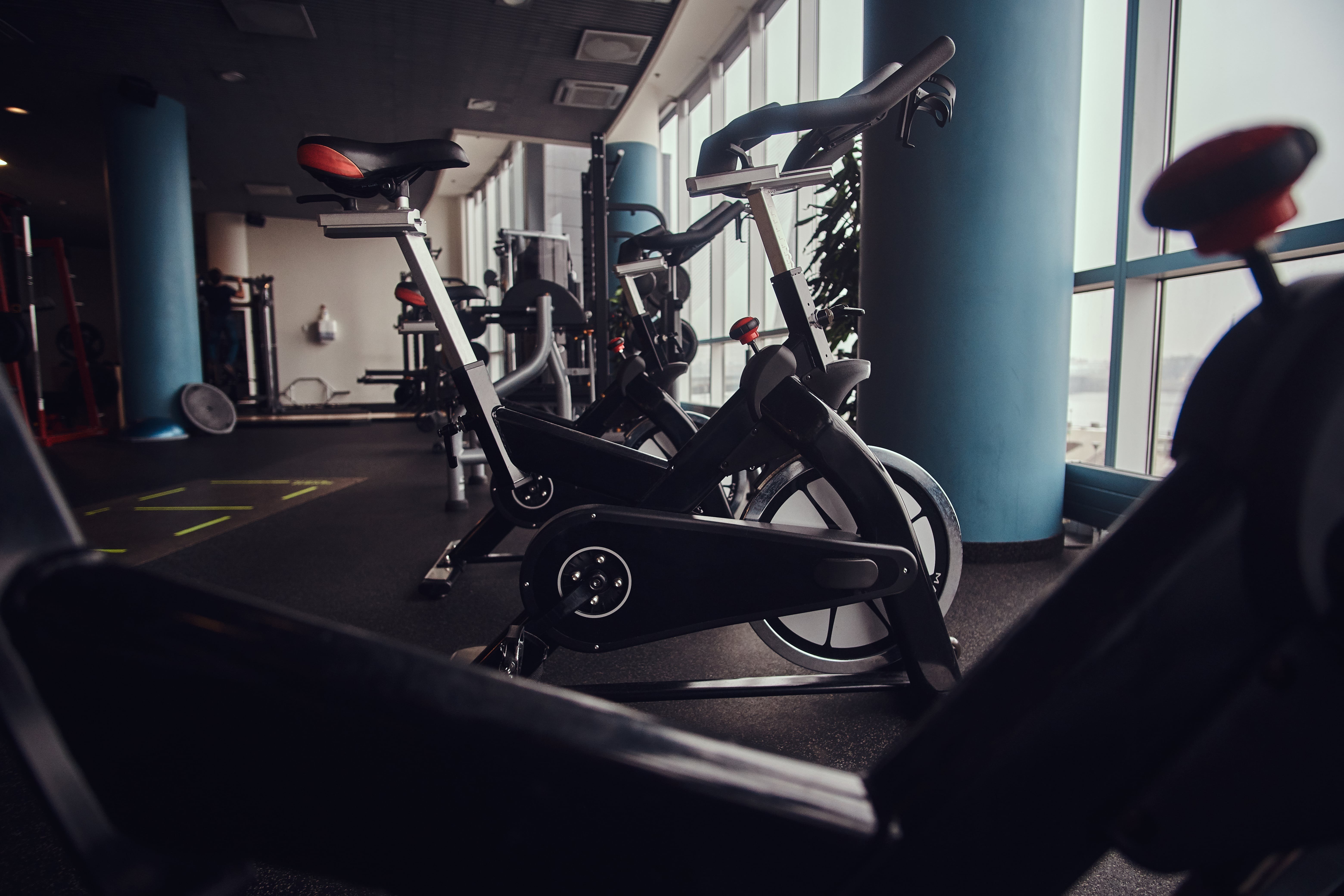The Benefits of Exercising with a Bike: A Comprehensive Guide
Cycling is often viewed simply as a method of transport or a pastime. However, it has actually evolved into a popular kind of exercise and a health-conscious lifestyle option across the globe. Stationary bicycles, spinning classes, and outdoor cycling offer numerous benefits that incorporate physical, psychological, and ecological aspects. This article will delve into the advantages of using a bike as an exercise tool, useful ideas for newbies, and answers to often asked concerns.
Physical Benefits of Cycling
Cardiovascular Health
Among the most substantial benefits of cycling is its positive influence on cardiovascular health. As a low-impact aerobic exercise, cycling raises the heart rate and boosts blood flow, enhancing the heart. A strong cardiovascular system reduces the threat of heart disease, reduces high blood pressure, and assists handle cholesterol levels.
Weight Management
Cycling serves as a wonderful tool for weight management. Depending on the intensity and duration of the workout, people can burn substantial calories through cycling. According to studies, cycling can burn between 400 to 1000 calories per hour. This calorie burning can add to weight-loss when complemented with a well balanced diet plan.
Muscle Strength and Endurance
Cycling engages various muscle groups, such as the quadriceps, hamstrings, glutes, and calves. This low-impact exercise assists tone muscles without placing extreme pressure on the joints. In addition, routine cycling increases overall endurance, enabling people to perform everyday activities with higher ease.
Improved Joint Mobility
For individuals with joint issues or arthritis, cycling can offer a pain-free method to remain active. The smooth, forward motion of cycling helps lube the joints, increasing versatility while decreasing the threat of injury common in high-impact workouts.
Mental Benefits of Cycling
Stress Reduction
Participating in physical activity like cycling can lead to the release of endorphins, frequently called "feel-good hormonal agents." It improves state of mind and decreases tension, stress and anxiety, and feelings of depression. Riding a bike, especially outdoors, allows people to link with nature, even more enhancing psychological well-being.
Boosted Cognitive Function
Research studies have shown that routine physical activity, including cycling, can enhance cognitive capabilities such as memory, discovering, and problem-solving skills. The increase in blood circulation to the brain during physical activity assists ruin toxic substances and raise mental clearness.
Social Connection
Cycling can likewise serve as a social activity, where people can join clubs or trip with pals and household. These social interactions can combat feelings of solitude and produce a sense of belonging, contributing favorably to mental health.
Ecological Benefits
Changing from an automobile to a bicycle can substantially decrease a person's carbon footprint. Cycling is an environmentally friendly mode of transportation that assists decrease air contamination, lower fossil fuel usage, and promote much healthier metropolitan areas.
Starting with Cycling
For newbies, taking up cycling may appear overwhelming. Nevertheless, the following tips can assist alleviate concerns and promote safe and satisfying cycling experiences:
- Choose the Right Bike: Select a bike that fits your body size and cycling goals. Options might include road bikes, mountain bikes, hybrids, or stationary bikes. Consider taking a test trip.
- Start Slowly: If brand-new to cycling, start with short trips and slowly increase the distance and duration. This will assist develop fitness without overwhelming your body.
- Plan Your Routes: Identify safe cycling routes in your location. Parks, bike lanes, and less trafficked streets are perfect for novices.
- Wear Appropriate Gear: Always use a helmet for protection. Investing in cycling shorts and comfortable clothes can enhance the cycling experience.
- Stay Hydrated: Hydration is important, especially throughout warmer months or longer rides. Keep a water bottle useful.
- Preserve Your Bike: Regular maintenance is key to making sure a safe and smooth trip. Check tire pressure, brakes, and the bike chain regularly.
Types of Cycling Workouts
Cycling uses various designs and intensities to fit different preferences and fitness levels:
- Leisure Cycling: Casual rides around communities or parks, suitable for families.
- Commuter Cycling: Cycling to work or school, contributing to transportation requirements and promoting fitness.
- Spinning Classes: High-intensity indoor cycling exercises led by trainers, focusing on speed and endurance.
- Mountain Biking: Riding on rugged surfaces, appealing to experience enthusiasts looking for an obstacle.
- Road Cycling: Long-distance trips on paved surface areas, exceptional for developing endurance.
FAQs About Cycling as an Exercise
1. How typically must I cycle to see health benefits?For ideal benefits, go for at least 150 minutes of moderate-intensity cycling per week. This might be broken down into short rides throughout the week. 2. Is cycling ideal for all ages?Yes, cycling appropriates for most age
groups, consisting of children and older grownups. It can be modified based on fitness level and capability. 3. Can just click the following web page if I do not have access to outside spaces?Absolutely! Stationary bikes, stationary bicycle, or spinning classes use an excellentalternative for indoor cycling. 4. How can I avoid cycling injuries?To avoid injuries, utilize correct bike gear, ensure your bike is well-kept, and be mindful of your posture while riding. Begin with shorter distancesand gradually increase strength. 5. What kinds of workouts can enhance cycling performance?Incorporating strength training, versatility exercises, and cross-training activities like swimming can boost cycling performance and general fitness.
Cycling is a versatile and satisfying form of exercise that enables individuals to improve physical fitness, boost psychological well-being, and contribute positively to the environment. By understanding its advantages, adopting a beginner-friendly approach, and exploring different cycling workouts, anyone can embark on an enhancing cycling journey. Whether travelling, leisurely cycling, or taking part in fitness classes, the bicycle stands as a point of access to a much healthier and more active lifestyle.

